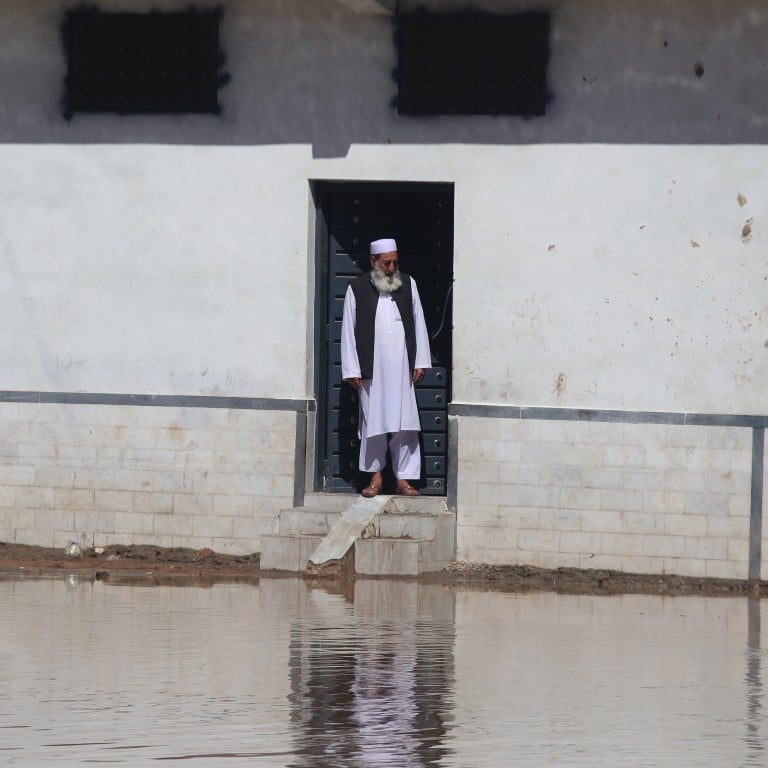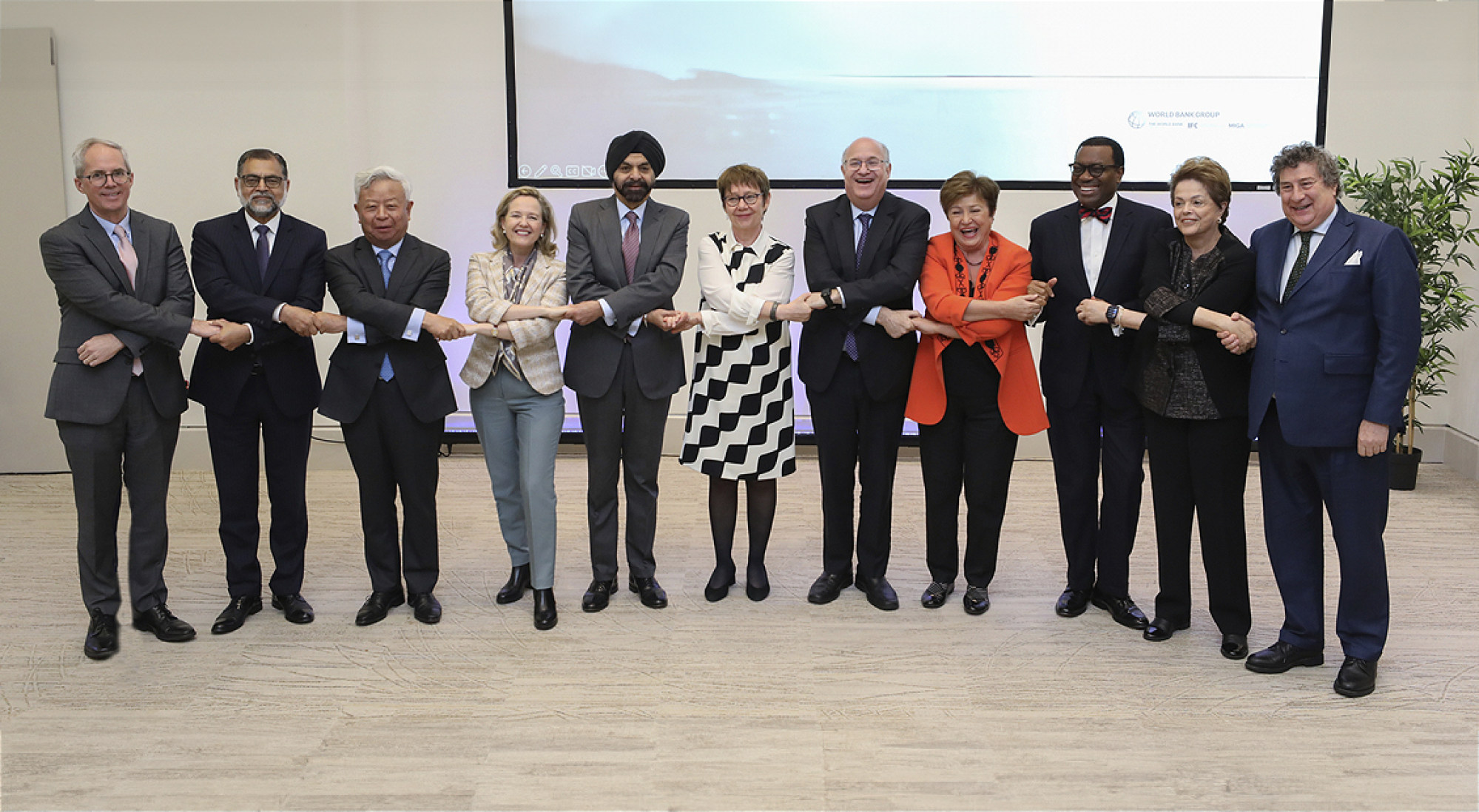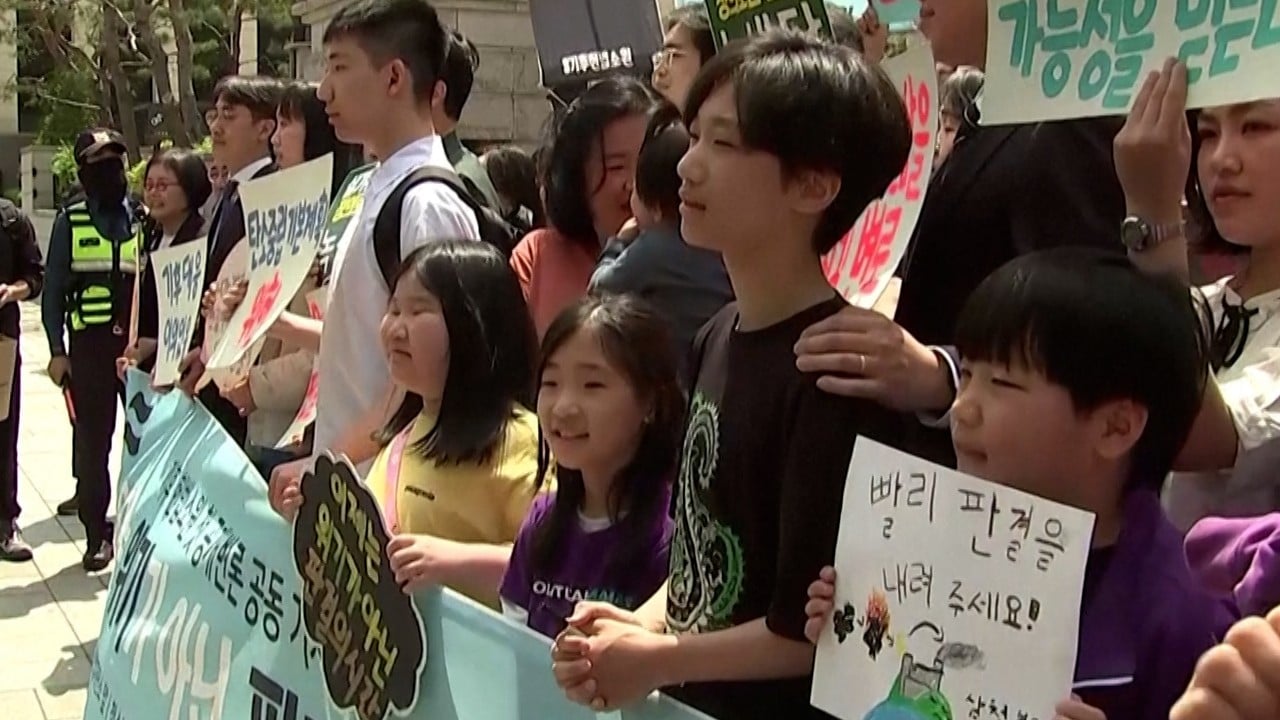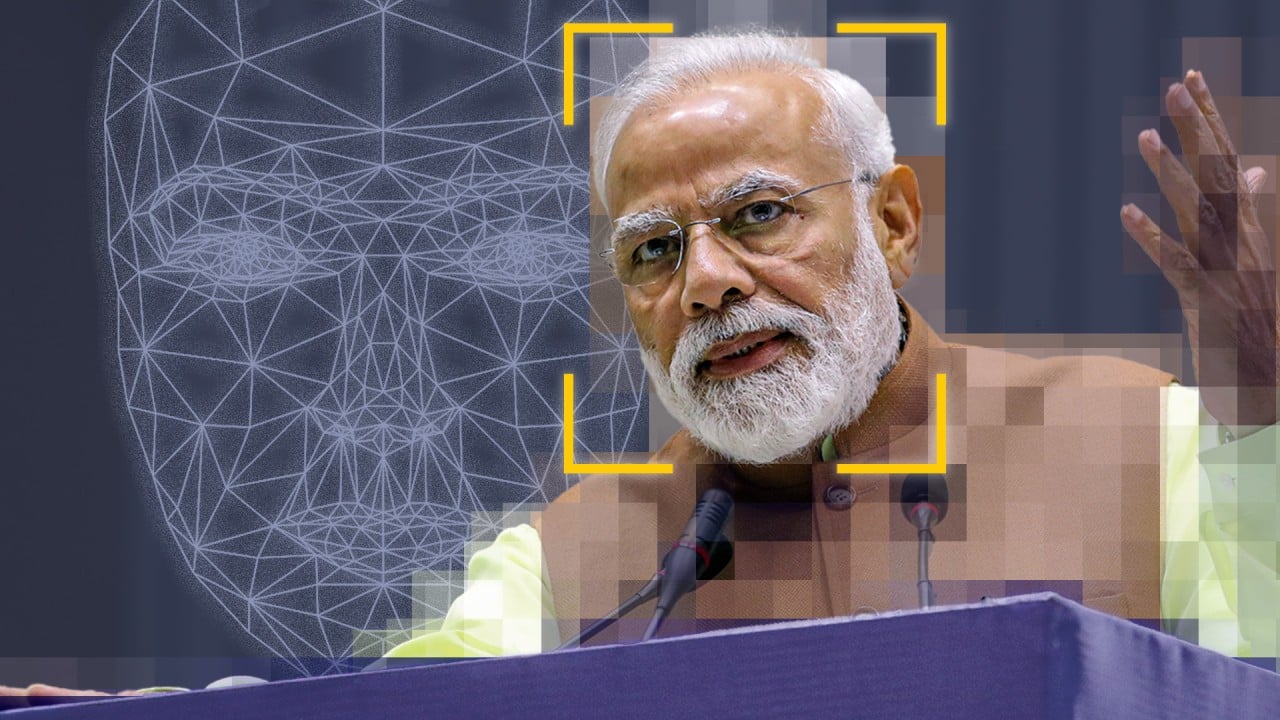
As multilateral bank leaders meet, where is the wisdom the world needs?
- If wisdom has a place at all, it should be within above-the-fray institutions such as the IMF and World Bank. Yet there is often scant sign of it
The late poet T.S. Eliot once asked: “Where is the wisdom we have lost in knowledge? Where is the knowledge we have lost in information?” We need to ask these questions again, at a time of information overload, when we have an abundance of knowledge but a deficit in wisdom.
Multilateral institutions like the IMF and World Bank, along with the global family of multilateral development banks, have a special responsibility and prerogative in this regard. They are supposedly free of the narrow nationalism that has come to dominate views and dictate the actions of governments in our fractionating world. If wisdom has a place at all, it should be within these institutions.
Yet there is often scant sign of it among the millions of words spoken and written during international meetings, despite the multilateral development banks having acted recently to consolidate their power.
Last month, 10 of them, including the Asian Development Bank, Asian Infrastructure Investment Bank and the New Development Bank, agreed to collaborate more closely and “work as a system”.

At such multilateral development bank meetings, government leaders, officials, business leaders, academics, journalists and others all appear anxious to improve their knowledge of what is happening today, but with seemingly little thought for tomorrow.
For the breakneck speed at which we are innovating and absorbing new information from multiple technological sources and learning aids such as AI, we seem hardly to be in control of our destinies.
Does this mean that we should turn our backs on learning and on information and knowledge, and devote our lives instead to the pursuit of wisdom, in harmony with nature and with the “natural” order of things? Clearly not. But it does suggest that we should recognise the need to afford wisdom and reflection higher priority than we do at present, among the three qualities – wisdom, knowledge and information – that Eliot spoke of in his powerful work, The Rock.
The trouble is that we do not seem to consider ourselves accountable, either to future generations or any power outside humanity. There is no obvious anchor in the sea of information and knowledge in which we risk drowning.
The uncertainty that confronts us as a result of AI’s rapid development is a powerful example. There are those who place rationality and reason above all else in determining our fate, yet seem to accept that AI could come to do so instead. This seems almost to imbue AI with the powers of a deity, even among those who scoff at the idea that we are the creation of a deity whose authority they do not accept.
At the very least, a little humility is needed on the part of the many people – at least in the Western world – who seem to consider that the march of “progress” is something that should not be questioned. Never mind that this march has led mankind into ever more terrible and technologically empowered conflicts, into the potential destruction of the earth’s climate and the spoiling of the environment.
The show must go on, it seems, at whatever the cost – unless we pause for reflection on the need for balance and for elevating wisdom to at least an equal place alongside information and knowledge.
Could AI free us to return to the pursuit of wisdom?
Wisdom cannot be taught, like an academic discipline on a par with philosophy or ethics. It is nurtured by experience, humility, an open mind and a willingness to accept our smallness in the scheme of things. In short, wisdom is nurtured by a respect for creation and the idea of a creator.
As Eliot put it in his verses from The Rock: “All our knowledge brings us nearer to our ignorance. All our ignorance brings us nearer to death. But nearness to death no nearer to God.” Sobering thoughts, but ones that bear thinking about.
Anthony Rowley is a veteran journalist specialising in Asian economic and financial affairs



